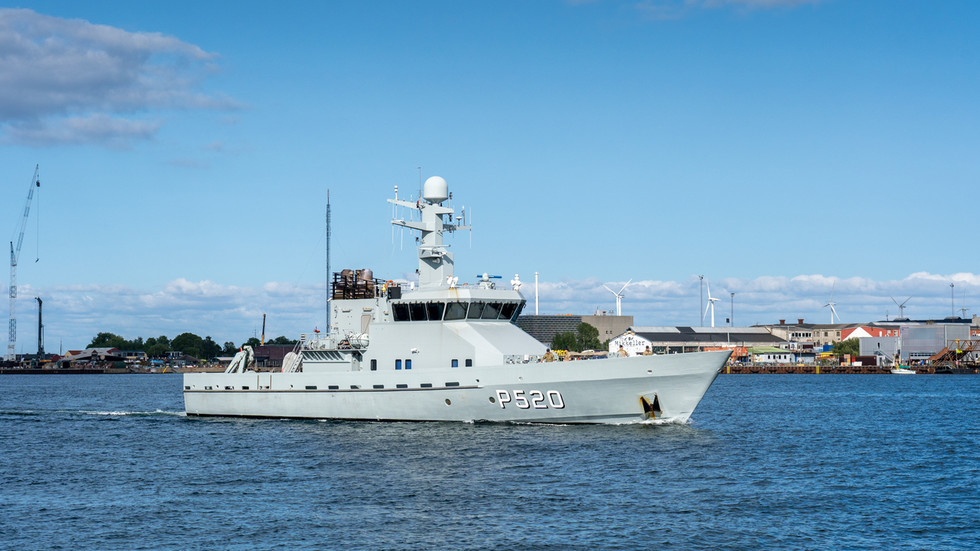The recent incidents involving the damage of two significant undersea data cables in the Baltic Sea have drawn scrutiny towards a Chinese-registered merchant vessel, the Yi Peng 3, suspected of being involved in the malfunctions. The cables in question include the BCS East-West-Interlink, connecting Lithuania to Sweden, which suffered severe damage, and the C-Lion1 fiber-optic cable linking Finland to Germany, which was cut shortly after. The precise causes behind these incidents remain unclear, prompting a thorough investigation. Reports indicate that Sweden is closely examining the Yi Peng 3, owned by Ningbo Yipeng Shipping, as maritime trackers revealed its pathway from Ust-Luga, Russia, to Port Said, Egypt. The Danish Defense ministry has confirmed its presence near the vessel, citing ongoing assessments without providing further details.
In the backdrop of these developments, various stakeholders have expressed their apprehension regarding potential sabotage. While the Chinese embassy in Sweden has denied having any information related to the incident, representatives of Ningbo Yipeng have indicated their willingness to cooperate with the investigation, following a request from Danish authorities. As criticism mounts, Finnish officials have urged caution against premature conclusions, but the narrative of intentional interference is gaining traction. German Defense Minister Boris Pistorius publicly described the events as “hybrid action,” suggesting that the damage to the cables could not be attributed to accidents alone and hinting at possible sabotage.
Adding to the intrigue of this unfolding situation is the reported nationality of the Yi Peng 3’s captain, allegedly a Russian national, a factor that raises concerns given the geopolitical tensions between Russia and the West. The C-Lion1 cable’s proximity to the NordStream pipelines—previously targeted in alleged sabotage operations—has intensified suspicions regarding the responsible parties. The NordStream pipelines, which were crucial in transporting natural gas from Russia to Germany, experienced significant damage in September 2022, with various speculations pointing fingers at different countries, including the US and Norway, or even Ukrainian operatives, but no definitive accountability has been established.
As the investigation proceeds, the involvement of the Chinese vessel in these incidents raises questions about maritime security and geopolitical relations in the region. The intersection of these matters highlights a rising trend of suspicion and scrutiny surrounding shipping activities that could potentially influence critical infrastructure. Given that undersea cables play a pivotal role in global communications and cybersecurity, the ramifications of such incidents can extend far beyond their immediate context, potentially affecting international relations and impacting economic stability.
In light of the ongoing tensions and the various narratives emerging from this event, it becomes essential to navigate these waters with care. Authorities in multiple nations, including Denmark and Sweden, will need to balance the urgencies of national security with diplomatic considerations, particularly as relations with China remain fraught with unease. The effective resolution of this investigation will lay the groundwork for future discourse around cybersecurity, maritime law, and international accountability, all while the specter of geopolitical competition looms large.
As this complex scenario unfolds, it underscores the profound interconnectedness of global systems and the potential vulnerabilities that arise therein. Monitoring incidents like these will be crucial for national security agencies and international observers alike, as they grapple with the implications of each revelation. The events surrounding the Yi Peng 3 illustrate the delicate equilibrium of maritime commerce, national security interests, and the ever-present threat of digital and physical sabotage in an increasingly contested global landscape.

